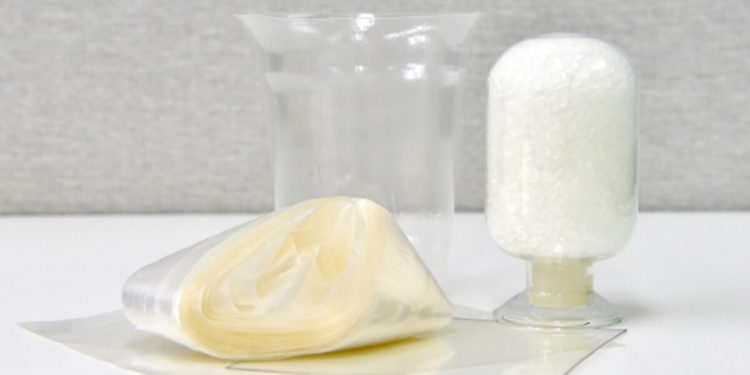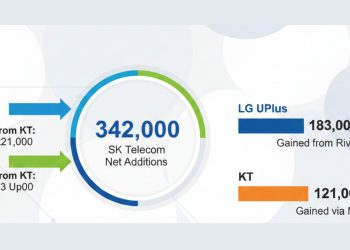LG Chem announced that it developed the world’s first biodegradable material entirely made of waste glycerol and corn-based glucose. The affiliate of South Korea’s LG Group said that the new material possesses similar mechanical properties, including transparency and flexibility, equivalent to synthetic resins such as polypropylene.
LG Chem said that it aims to start mass production by 2025. The biodegradable plastic could be used for foaming products, plastic bags, disposable cups, and air cap buffers. DIN CERTCO, a German certification entity, confirmed that over 90 percent of the material would decompose within 120 days.
LG Chem said that newly developed material uses 100 percent biodegradable contents compared to conventional biodegradable materials, which compose of additional plastic materials or additives to achieve elasticity or transparency. The synthetic resins constrain the existing biodegradable materials, limiting their applications.
The company said that by using corn-based glucose and crude glycerol, the new material’s flexibility improved by 20 times. This property allows customers to achieve various qualities from a single material for a specific use.
“Amid growing interest in eco-friendly materials, it is meaningful that LG Chem has successfully developed a source material composed of 100 percent biodegradable raw materials with proprietary technology.”
-Ro Kisu, chief technology officer for LG Chem
The development of the new material using independent technologies attests to the company’s push to produce eco-friendly plastic substitutes. The company hopes that the new material would create a ripple effect in the eco-friendly packaging industry, making other companies follow suit.
LG Chem also pledged to conduct prototype evaluations for customer companies in 2022.
According to the company, the global market for biodegradable materials is expected to see an annual growth of 15 percent, expanding from 4.2 trillion won ($3.7 billion) to 9.7 trillion won ($8.5 billion) in 2025.







